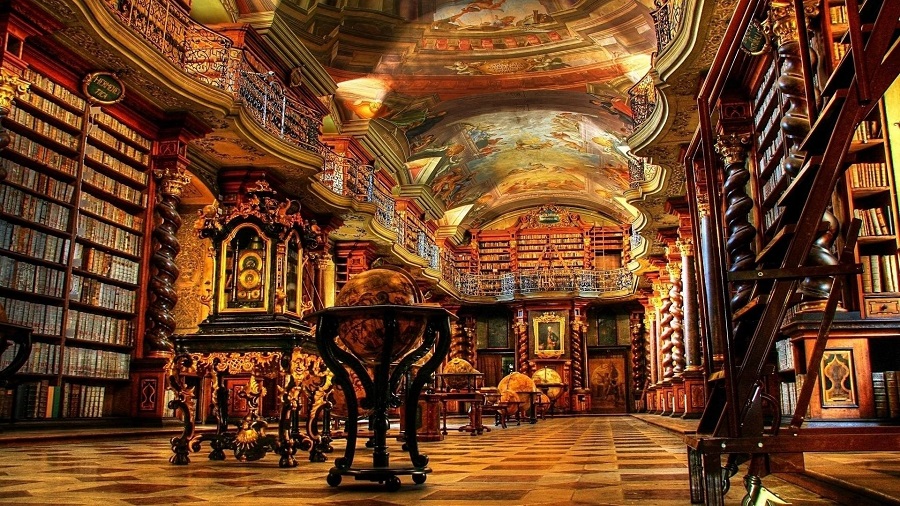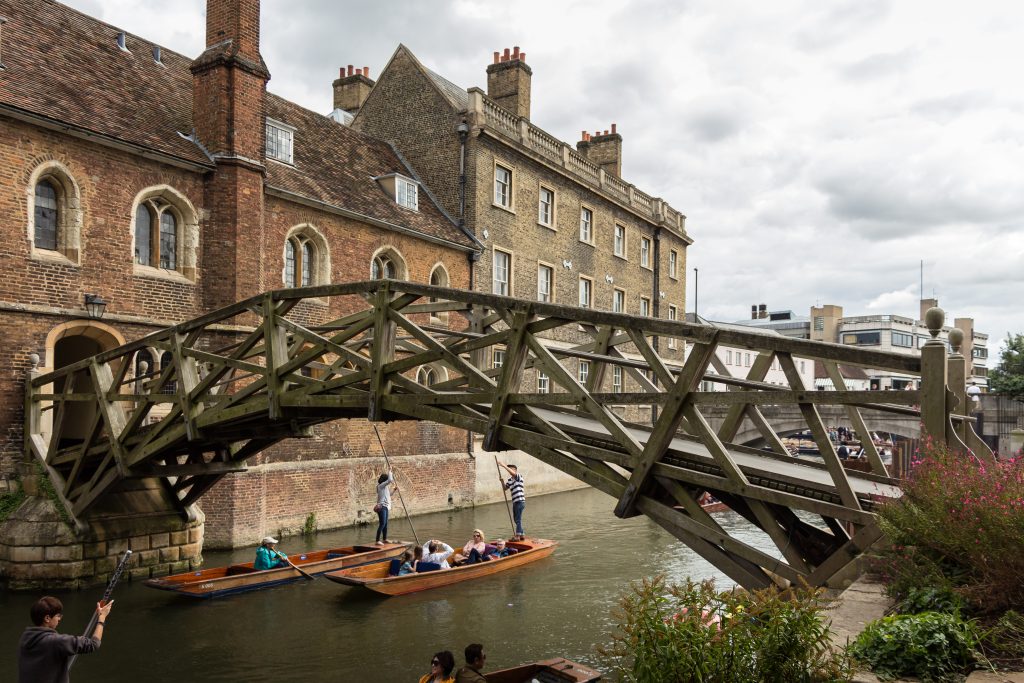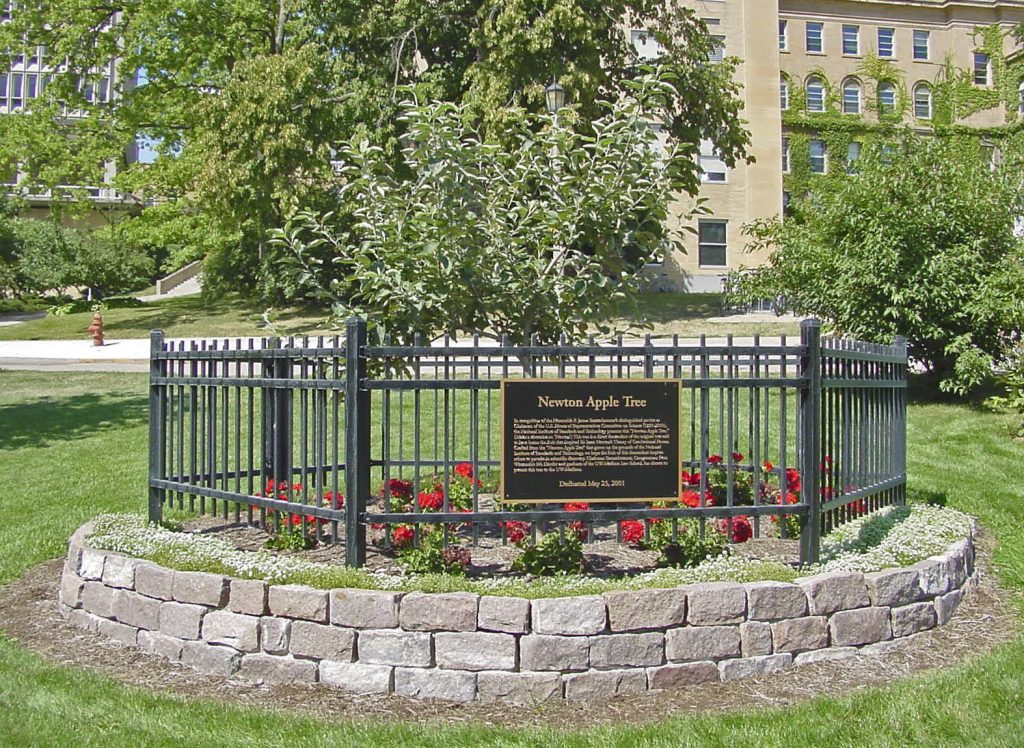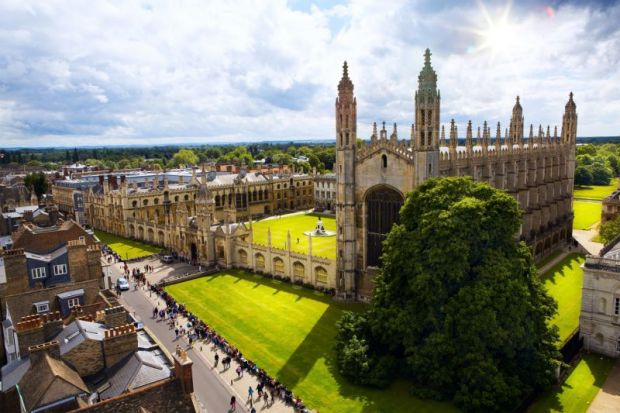Table of Contents
ToggleThe University of Cambridge as we know it is one of the most prestigious universities in the world. Founded in 1209, the university is the 2nd oldest in the world and the 4th oldest surviving university. The university is formed with a variety of institutions and these include 31 semi-autonomous constituent colleges and over 150 academic departments, faculties and other institutions. One of the most interesting facts about the University of Cambridge is that all the colleges are self-governing institutions within the university, control their own membership and with their own internal structure and activities.
The University of Cambridge has a rich history and is famous for its stories from the past. This has attracted not only students but also tourists from around the world. There are many reasons to visit the University of Cambridge and experience the scholarly activities taking place behind the walls of this educational institution. Moreover, what makes the university different from the others is that it has its own press. The Cambridge University Press, the world’s oldest publishing house and second-largest university press belong to Cambridge University.
The University of Cambridge unfailingly ranks one of the top 5 universities in the world as well as in the UK since the early 2000s. One of the most interesting facts about the University of Cambridge is that it remained insignificant till 1510 until the Dutch philosopher, Desiderius Erasmus managed to inculcate the wave of a renaissance in the university.
The University of Cambridge is popularly conservative and traditional. It is because the university was able to preserve its centuries-old customs such as the Ely Eel festival of the university and the Cardboard Boat Race.
Before you think of applying to study Masters in the UK and specifically at the University of Cambridge, let us first discuss some of the most interesting facts about the University of Cambridge.
7 Most Interesting Facts About The University of Cambridge
1. The Centre For Gravity!
We already know how the city of Lincoln became famous among students and how sir Issac Newton realised the existence of gravity while sitting under a tree in his hometown, Lincolnshire. But do you know where he went to further educate himself and the world about gravity? It was the University of Cambridge where he pursued the idea of gravity turning and published his paper on the theory of gravity in 1687.
2. Formulation Of The “Cambridge Rules”

The first game of football ever played was in Cambridge in 1848. The University of Cambridge had a significant impact in forming the rules for football. The codes created by the university in the 19th century were adopted by the Football Association as the Laws of The Game. For instance, The rule that “no player is allowed to loiter between the ball and the adversaries’ goal” formalised the offside rule. This is one of the most interesting facts about the University of Cambridge.
Want to fund your education abroad? Click on UniCreds to find education loans without collateral.
Know More About Studying Abroad in the UK
3. Movies & Real Life Stories
Cambridge, the soon to be the wonder of the world, has been the location of many award-winning movies such as The Theory Of Everything, Pirates of The Caribbean and Sylvia. There are a total of 71 movies that have been shot at the university and this has marked the existence of the University of Cambridge in popular culture, making it an attractive tourist destination.
Moreover, the famous Doctor Who was created by a Cambridge graduate who was also the author of Hitchhiker’s Guide to the Galaxy.
4. The Cambridge Library

The Cambridge Library has over 3,00,000 volumes of books, manuscripts and preserved documents from the 13th century. The university’s library is one of the most amazing libraries in the world and has a copy of every single book ever published in Britain. Some noteworthy collections include the ecclesiastical and modern history, Acton Library of medieval, the W.G. Aston Japanese library, the papers of Charles Darwin and the Wade Chinese collection.
5. Dogs Are Banned But Big Cats Aren’t?!
The incident that centres around Lord Byron who wanted to keep a pet dog in the dorm room is a famous one because dogs are banned in the University of Cambridge. Clearly being revolting against this rule, Lord Byron instead adopted a bear as a pet and this was not objected to. A similar incident followed at Selwyn College where students adopted a rescue cat named YoYo. Even though dogs were not allowed and cats were frowned upon, the university accepted YoYo as a “very large cat” instead of just a cat. The students agreed to this and YoYo remains a part of the university grounds.
The blurred lines between what is considered a pet at the university make it one of the most interesting facts about the University of Cambridge.
6. The Clock That’s Correct Every 5 Minutes

The Corpus Christi Clock that calls the University of Cambridge its home, is a superb attraction for tourists. The Corpus Clock at the end of King’s Parade is a famous landmark of the UK and correctly reflects that time is relative. This is because, The clock speeds up, slows down, and even stops to represent the relativity of time. However, it tells the correct time to a hundredth of a second every fifth minute.
7. The University Follows A Drinking Tradition
Pennying is one the most famous drinking custom-cum-game followed by the pupils of the University of Cambridge. Here, If a person puts a penny in your drink, you must aim for a bottoms-up. However one may only penny another if they have an alcohol drink themselves. Another version of Pennying is an “engineer’s penny” where the pennies are bent so that they can fit atop a wine bottle. But beware, the bent pennies follow a risk, if you are found with one, you would have to down the entire bottle.
8. The Mathematical Bridge

The first bridge constructed with mathematical concepts was the Mathematical Bridge, also known as the Wooden Bridge, which connects two areas of Queen’s College. Although it is a common misconception that Sir Isaac Newton built it, he passed away 22 years prior to its construction. James Essex constructed it in 1749 after William Etheridge had created the plan. A sequence of tangents is formed by the placement of the timbers in this very smart design, and radial members connect the tangents to form a self-supporting structure.
9. Newton Apple Tree!

‘Newton’s Apple Tree’ is a place near the Trinity College entrance. According to legend, Isaac Newton was here when an apple fell on his head and caused him to ponder why things kept falling. The apple tree known as the “Flower of Kent” is a clone of a tree in Woolsthorpe Manor in Lincolnshire, where Newton spent his formative years. Newton researched this notion while a Cambridge undergraduate and included it in his theory of gravity in 1687.
10. The Botanical Gardens
For those of you who enjoy gardens, I have a fun fact for you. Charles Darwin’s mentor, Professor John Stevens Henslow, created the Cambridge University Botanic Garden. The garden was created in 1831 for Cambridge University and made accessible to the general public in 1846. The 40 acres of land there is almost entirely level.
FAQs
1. What is Cambridge University known for?
The University of Cambridge is arguably one of the world’s most iconic, prestigious and renowned universities. Known for its excellence in education and research, it is a university people dream of getting into but only the chosen few get the opportunity to study in its centuries-old halls. It is ranked number 5 in the world.
2. How old is Cambridge University?
The world’s third-oldest surviving university, the University of Cambridge was founded in 1209. Established 813 years ago, it rose in prominence with each passing year and continues to be a symbol of prestige and excellence in education.
3. What famous person went to Cambridge University?
The University of Cambridge boasts quite a few famous personalities on its roster. From royal persons to renowned inventors and advocators in the field of science, there is a list of iconic personalities in every field who have studied at the university. Some notable alumni are Sir Isaac Newton, Charles Darwin, Sir David Attenborough, and Alan Turing among others.
4. What makes Cambridge University special?
It is true when people claim that the University of Cambridge is unlike none other. It is not only its education that sets it apart but its rich history and centuries-old heritage that adds to its prestige and legendary status. Boasting student infrastructure that no university can match up to, it continues to be one of the greatest universities in the world.

















1 thought on “Top PGDM Courses In Canada: Universities & Eligibility”
I have done Bachelor’s in Culinary Arts from India and completed my graduation in the year 2022 .I am 22 years old. After graduation, I have done 1 year paid internship from USA .Now, I would like to take occupational experience and learn culinary skills and also do masters in Culinary arts.How can I find the college n best course / country where I can persue studying further